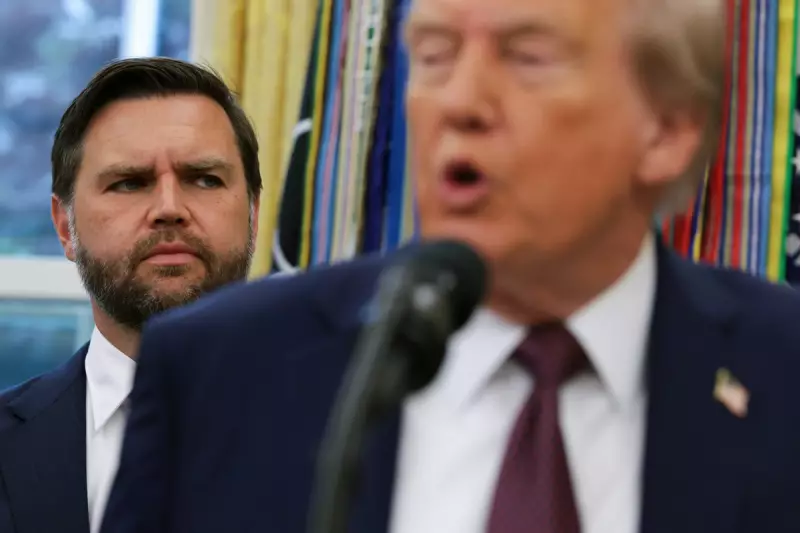
In a move that has reignited political tensions, JD Vance, Donald Trump's newly announced vice presidential pick, has drawn sharp criticism for reviving the controversial 'Pocahontas' nickname aimed at Senator Elizabeth Warren.
The Ohio senator made the remarks during his first interview as Trump's running mate on Fox News, deliberately using the term that many Native American groups have long condemned as racially insensitive and derogatory.
Political Fallout Intensifies
Vance's comments have sparked immediate backlash from political opponents and advocacy groups, who accuse the Republican vice presidential candidate of perpetuating harmful stereotypes. The controversy comes at a crucial moment in the election cycle, as the Trump campaign seeks to consolidate support.
Senator Warren herself responded forcefully, telling reporters: "This isn't just about me - it's about disrespect toward Native people and their heritage. We should expect better from someone seeking national office."
Historical Context of the Controversy
The 'Pocahontas' nickname was originally popularised by Donald Trump during the 2016 presidential campaign, targeting Warren's past claims of Native American ancestry. While Warren has apologised for her previous identification as Native American, the political jab has remained a point of contention.
Native American organisations have repeatedly spoken out against the term's usage, noting that Pocahontas was a real historical figure whose legacy deserves respect rather than political weaponisation.
What This Means for the Election
Political analysts suggest Vance's decision to employ the controversial nickname signals the Trump campaign's intention to maintain an aggressive, confrontational approach toward critics. The incident highlights the ongoing cultural divides that continue to shape American politics.
As the campaign progresses, observers will be watching closely to see how the controversy affects voter perceptions in key battleground states, particularly among suburban voters and minority communities.





